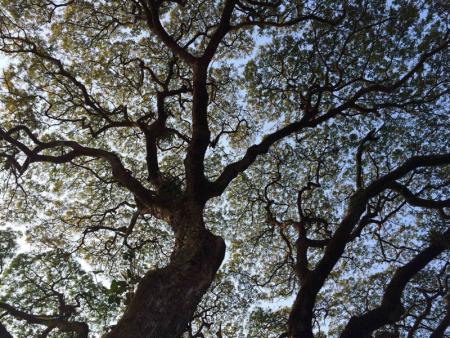Jaswant Singh Zafar :: Two Poems
From the Punjabi--
Jaswant Singh Zafar is a writer based in Ludhiana, Punjab, India. He has written three books of poetry and two books of prose.
Translator’s Note: Jaswant Singh Zafar
The decade of 1980-1990 in the province of Punjab in India was fraught with conflict. Sikh militants were fighting for autonomy and the right to the province’s natural resources; the Indian government retaliated with an iron hand. Harimandar Sahib, the most sacred shrine of the Sikhs was desecrated in June 1984 when the Indian army rolled inside with tanks to tackle the militants, and bombed Akal Takhat, the Sikh parliament, killing both militants and pilgrims. In November 1984, Indira Gandhi, the incumbent prime minister was assassinated by her Sikh bodyguards. In response, Sikhs were murdered on the streets of Delhi and other big cities by frenzied mobs who, it is claimed, were assisted by the police and politicians. These two events spiralled Punjab into a quagmire of violence and counter-violence. It was ultimately thwarted by brutal repression of the militants by the police and paramilitary forces under the government’s tutelage.
During this time Jaswant Singh Zafar was studying electrical engineering at the Guru Nanak Engineering College in Ludhiana. His first book of poems, written in Punjabi, Do Sahan Vichkaar (Within Two Breaths) has the gloomy disenchantment of these years. The epigraph states "Weapons have sprouted on trees/ Fire has blossomed in flowers/ what kind of doomed spring has arrived." His second book, [What are we to Nanak], explores the relationship of followers to the teachings and ideology of the Sikh Gurus. He wrote, “When the high tide of terrorism in Punjab subsided, I had a keen interest in knowing the reasons, and I found seeds of this conflict in man’s discordant relationship with religion.” Many poems of the second book juxtapose Sikh principles of volunteerism, compassion and ecological concerns with the way these values are observed by the community in contemporary times. Then, his third book [What is a Human] investigates the relationship between humans, their sense of self, and surroundings, science, the Punjabi diaspora, and society in the era of consumer capitalism.
--JS
Human
I asked the river,
How can you flow freely?
Instead, the river asked,
What is to flow?
Walking along the river
I reached the ocean
looking at the moon it was laughing
I asked the ocean,
How are you so deep?
The ocean responded,
What is depth?
Then, I asked the moon,
Why are you so calm?
The bewildered moon asked,
What is calmness?
The river, the ocean and the moon appear
in my dream
to tell me—
Be human
I am unable to retort--
What is human?
The Bird
The bird flies away whenever it wishes
we suffer the inconvenience of airplanes
It builds a pretty house on its own
we must call upon an army of builders
It does what its heart wishes
we are bound by societal shackles
| | | |
He | | |
We | | |
| | | |
He flaunts every part of his body freely
we conceal our ugliness sheepishly
Then why is the bird
not regarded
as a being higher than the human?
Because
it lacks the ‘word’
a blessing divine
a gift sublime
--Translated by from the Punjabi by Jasdeep Singh
Jasdeep Singh is a translator based in Chandigarh, India. He curates a blog on translated Punjabi Poetry http://parchanve.wordpress.com/.
| Attachment | Size |
|---|---|
| 35.75 KB |



